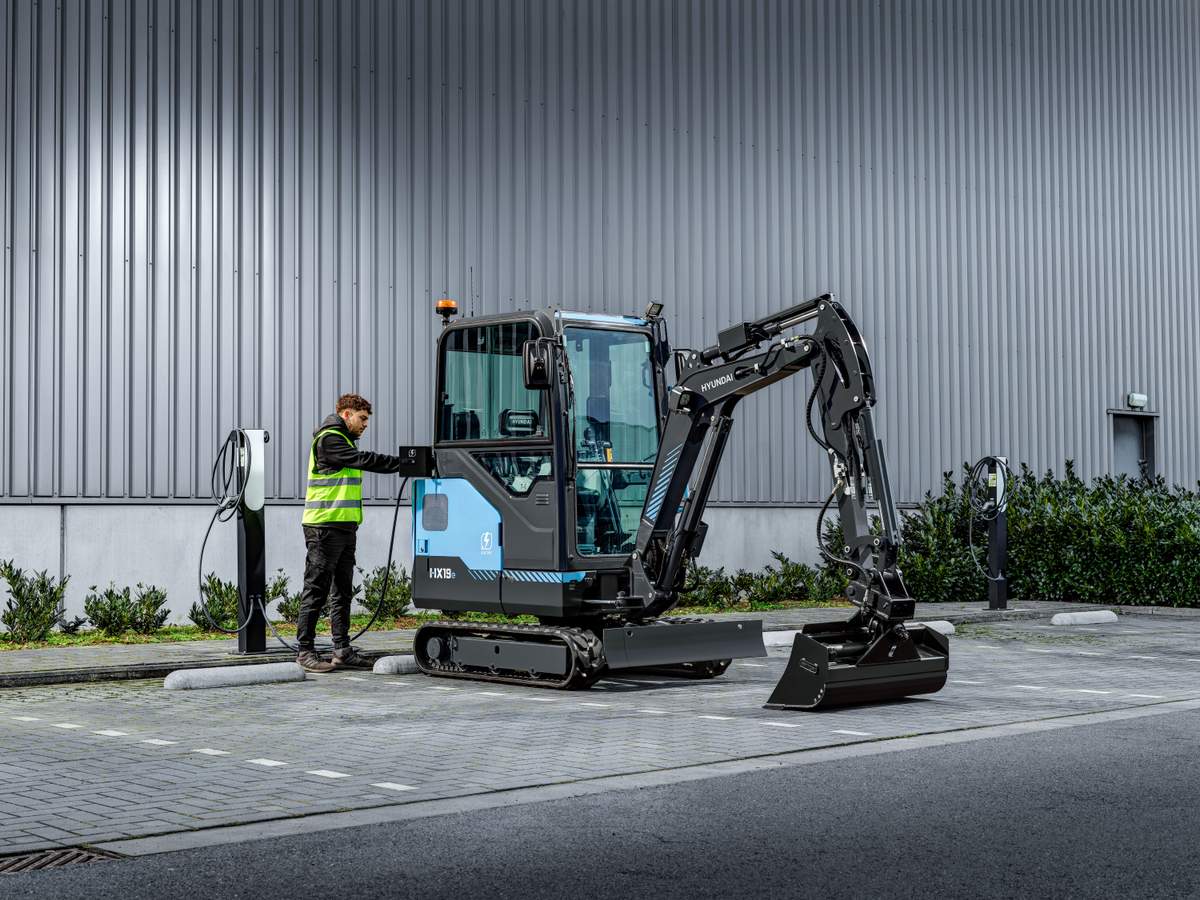Video: Can a Small Articulated Loader Really Replace Your Skid Steer?
Small articulated loaders (SALs) are just starting to gain traction as versatile alternatives to skid steers and compact wheel loaders in America. Niche segments like tree care are beginning to embrace this up-and-coming category. Popular in Europe, SALs are now just starting to pique the interest of North American pros, thanks to their compact size, maneuverability and tool-carrying capabilities. In this latest Machine Heads video, Wayne Grayson explains all this and more in our small articulated loader market overview, highlighting four big brands and detailing the emergence of the American SAL.
We’ll note here that brands like Power Trac have been making SALs in America since the 1980s, so this category isn’t crazy new. These machines are also big in Europe. German machine makers like Weidemann KG (Hoftrac) and Schäffer started building small articulated loaders in the 1970s. Today, loads of European brands produce small articulated loaders — Avant Tecno, MultiOne, Mecalac and Knikmops. And yes, there are some OEM agreements here. Italian-based MultiOne manufacturers and brands Vermeer’s line of ATX compact articulated loaders. Dutch-based Tobroco-Giant supplies the Case and New Holland brands.
For this Machine Heads video, we choose to look at the market via four main brands that are readily available in the American marketplace — Avant Tecno, Case, Bobcat and Vermeer. Let’s dig in.
SALs vs. Skid Steers and Compact Wheel Loaders

SALs offer a unique mix of benefits. They’re smaller and lighter than compact wheel loaders, making them ideal for tight spaces and delicate surfaces. Unlike mini skid steers, which are typically tracked, SALs are wheeled and feature an articulated design for tight turns. Their compact size allows them to access areas traditional skid steers and compact wheel loaders cannot. While compact wheel loaders are better for heavy-duty load-and-carry work, SALs shine in tasks requiring versatility, minimal turf disturbance and operator comfort. Many models also offer telescoping lift arms, adding height and reach for diverse applications.
Key Advantages of SALs

SALs excel in applications where small size and low weight are crucial. They are easy to transport, gentle on delicate surfaces and offer excellent visibility. Their articulation allows precise navigation in tight spaces, while their impressive lift capacity — sometimes approaching 8,000 lbs — punches well above their weight. Industries like landscaping, agriculture, tree care and snow removal benefit from SALs’ ability to handle diverse attachments, from buckets and grapples to trenchers and mulchers. Their utility rivals skid steers while offering smoother operation and less wear on tires and fuel.
Are you curious about how to size and buy a rotary tiller for your tractor? We have the answers!
Brand Overview

Several manufacturers dominate the SAL market, each catering to different needs:
- Avant Tecno: Avant offers 15 models ranging from the 25-hp Avant 220 (772-lb lift capacity) to the 57-hp Avant 860i (4,190-lb lift capacity). Known for versatility, Avant machines support over 200 attachments and include electric options like the E527.
- Bobcat: Entering the market in 2020, Bobcat’s L23 and L28 models focus on landscaping and sensitive surface work. Both models feature 25-hp engines, modular cabs and compatibility with 30+ Bobcat attachments. The L28’s telescoping lift arm offers up to 104 in. of lift height.
- Case: Case joined the SAL market in 2023, offering eight models across three size categories. The small-frame SL23, with a 4,300-lb lift capacity, is a standout. Larger models like the SL50TR deliver 7,600 lbs of lift and speeds up to 21 mph, appealing to construction and agricultural users.
- Vermeer: Vermeer’s four models target tree care, landscaping and construction. The compact ATX530 offers 13.2 gpm hydraulic flow, while the larger ATX960 provides 25 gpm flow and 3,600 lbs of lift capacity, making it ideal for heavy material handling.
Choosing the Right SAL

When selecting an SAL, consider your industry, job requirements and terrain. Evaluate lift capacity, hydraulic flow, attachment options and transport needs. SALs’ compact size and versatility make them ideal for operators looking to balance productivity, light footprint and accessibility. To truly understand the capabilities of these machines, visit a local dealer. Seeing one in action will showcase why SALs are becoming a go-to choice for contractors and landscapers alike. Before you do that, watch our Machine Heads video above.
Wayne Grayson is the Machine Heads editor for Compact Equipment.




